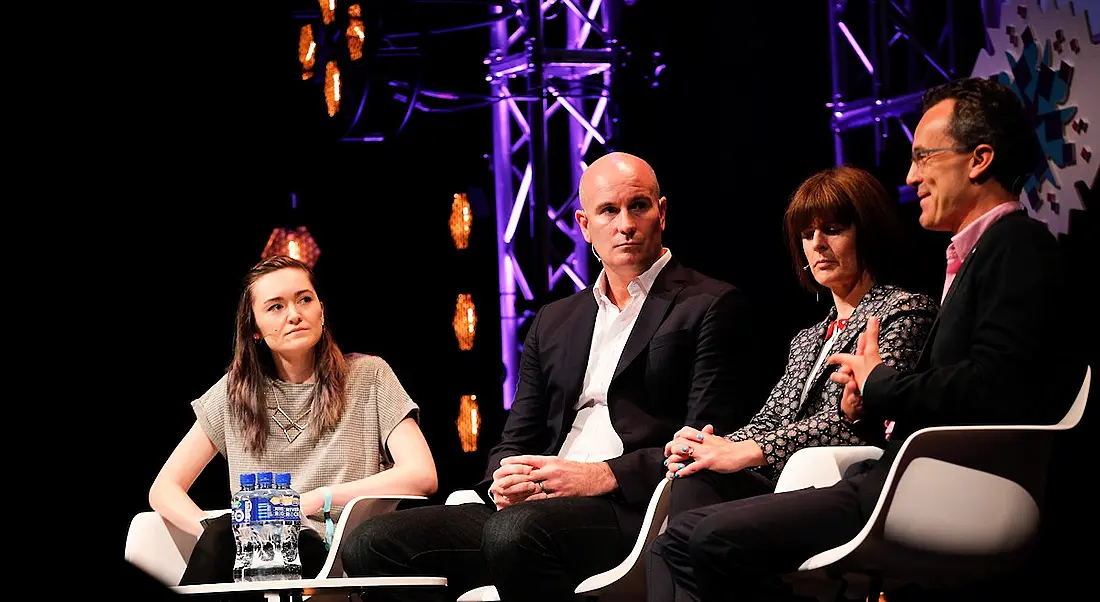Retraining will be one of the most important elements of the future of work.
When we hear about the future of work, one of the first things people worry about is the security of jobs.
With technology and automation moving as fast as it is and AI beginning to take over certain tasks that were once completed by salaried humans, it’s a natural fear to have.
Indeed, plenty of statistics point towards more automation in the workplace over time. PwC believes as many as 30pc of jobs could be replaced by robots in the next 15 years.
However, there’s a lot more to these statistics than people think.
While some jobs will inevitably become extinct, new ones will come into the fray.
Chairing a panel at Inspirefest earlier this year, Siliconrepublic.com managing editor Elaine Burke put this point to Colin Graham of Facebook: “I’m sure there’s jobs available now in Facebook that didn’t exist when you started seven years ago.”
Graham, who is the director of international compensation and benefits at Facebook, quipped: “Apart from my own job, I’m not sure we have any jobs that existed seven years ago that still exist.”
Indeed, when we talk about job loss and the future of work, we often take for granted how many roles today were only created in recent years.
Looking back at the history of automation of the workforce, it did lead to job losses in the short term but it also brought about growth and drove the creation of new positions in the long term.
“I think it’s evolution rather than [having] a whole load of people wandering the streets with nothing to do.”
Managing the managers
Graham also pointed out that automation will take away the menial tasks that often bog down workers. This would, in theory, free those workers up to think creatively and work on things they’re really passionate about.
Burke questioned the panel on what would become of the workers whose main job involves these very tasks.
“I’m a manager, a lot of my job is doing those menial tasks for other people and making sure things are run correctly. Should I be scared?”
Adrienne Gormley, head of customer experience at Dropbox, chimed in to calm the fears of Burke and anyone else in the audience who was thinking along the same lines.
“I think managers definitely have a role to play.” As a manager herself, Gormley said that she would love robotics to help her out with the 61pc of her job that is admin-based, in order to free up more time for things such as coaching and one-to-one sessions with employees.
Reskilling for the future
Thomas Jelley, director of the Sodexo Institute for Quality of Life, was also on the panel. He said when thinking about the future of work, he was inspired by a particular speech from Andrew Haldane, chief economist at the Bank of England, to the Trades Union Congress.
“[He said] we need to think about relaxing a bit more. We might end up with a little more spare time, a bit more leisure time,” said Jelley, noting the fundamental importance of people retraining and learning new skills.
Jelley also cited a McKinsey report stating that considering individual tasks and activities within jobs is more important than the roles or jobs themselves.
Indeed, when we think about the future of work and the skills that are most likely to survive, it is those uniquely human abilities that AI and robotics simply cannot emulate.




